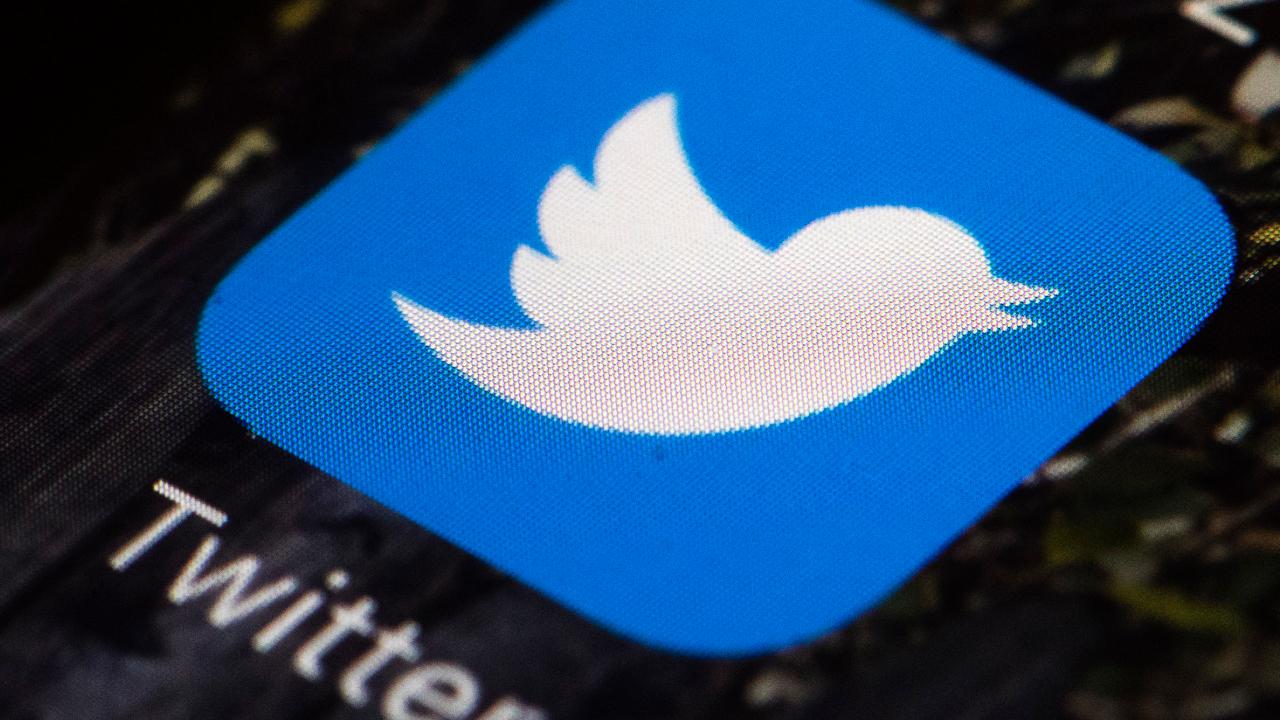What are Twitter's policies?
The purpose of the platform is to "serve the public conversation" social media company says
Twitter has been making headlines over the past week after adding fact-check warnings to two of President Trump’s tweets regarding mail-in ballots. The move prompted Trump to threaten new regulations on social media companies or to “close them down.”
But this isn't the first time Twitter has made moves to add warnings on certain tweets. Earlier this year the social media platform began flagging tweets that spread disputed or misleading claims about COVID-19 with “get the facts” links to more information, including news stories and fact checks.
Twitter said it would be adding such warnings to other tweets that could confuse users. Tweets deemed “harmful” would be removed altogether. Trump’s vote-by-mail tweets were the first non-pandemic ones Twitter flagged this way. Those tweets met specific Twitter criteria for misinformation on certain topics, including the coronavirus, how to vote in elections and the census.
TWITTER EXPLAINS LABELING POLICY AFTER TOP DEMS' TWEETS GO UNCHECKED
However, questions were raised including why Twitter acted now, how it decides when to use such warnings and what its newly assumed role means for the 2020 U.S. presidential election.
So FOX Business decided to look into what Twitter's current policies are as of June 2020.
At the top of Twitter's rules and policies page, it notes that the purpose of the platform is to "serve the public conversation." Twitter says violence, harassment, and "other similar types of behavior" diminishes the ability to have that conversation and ultimately keeps people from expressing themselves.
TRUMP DROPS HAMMER ON SOCIAL MEDIA COMPANIES
"Our rules are to ensure all people can participate in the public conversation freely and safely," Twitter says.
1. Safety
Twitter breaks down its policies regarding safety into eight sections including violence, terrorism/violent extremism, child sexual exploitation, hateful conduct, suicide or self-harm, sensitive media, illegal or certain regulated goods. Here is what the company has to say for each.
- Users are banned from threatening another individual or group of people. The platform also bans the "glorification" of violence. "Healthy conversation is only possible when people feel safe from abuse and don’t resort to using violent language," the company wrote.
- Users may not promote messages of terrorism or violent extremism due to the fact that the "violence that these groups engage in and/or promote jeopardizes the physical safety and well-being of those targeted," Twitter warned.
- The company has "zero tolerance" for any material that features or promotes child sexual exploitation. To do so is violating one of the company's most serious rules. This may include media, text, illustrated, or computer-generated images, according to the company which noted that a minor is any person under the age of 18.
- Users are not allowed to harass someone or incite others to do so. Twitter cautioned that this includes "wishing or hoping that someone experiences physical harm." Similarly, users are not allowed to threaten or harass other people based on their race, ethnicity, national origin, caste, sexual orientation, gender, gender identity, religious affiliation, age, disability, or serious disease.
- Users are also not allowed to promote or encourage suicide or self-harm. "When we receive reports that a person is threatening suicide or self-harm, we may take a number of steps to assist them, such as reaching out to that person and providing resources such as contact information for our mental health partners," the company said.
- Users can't post anything that is "excessively gory." Additionally, users can't share violent or adult content anywhere on their profile. This includes any media depicting sexual violence and or assault.
- GET FOX BUSINESS ON THE GO BY CLICKING HERE
The outlet also lays out that users are not allowed to use the service for any "unlawful purpose or in furtherance of illegal activities" including selling, buying, or facilitating transactions in illegal goods or services.
2. Privacy
- Users are prohibited from publishing or posting the private information of other people without their approval. This includes, but is not limited to, phone numbers, addresses and intimate photos or videos of someone that were taken and distributed without their consent.
- Threats to expose someone's private information, or incentivizing others to do so, is also prohibited.
3. Authenticity
- Twitter prohibits anyone from using its services to "artificially amplify or suppress information or engage in behavior" that can disrupt or manipulate user experience. "We define platform manipulation as using Twitter to engage in bulk, aggressive, or deceptive activity that misleads others and/or disrupts their experience," Twitter said.
- Users may also not use the platform to manipulate or interfere in elections. Posting or sharing content that could suppress voter turnout or mislead people on how to vote directly violates this policy.
- Users can't impersonate individuals, groups, or organizations in an effort to deceive or mislead others. Additionally, users can't share anything Twitter considers manipulated media that may cause harm to others. If that were to occur, the company cautioned that it may label said tweets as such.
- - Users must abide by copyright and trademark rights.
The Associated Press contributed to this report.
CLICK HERE TO READ MORE ON FOX BUSINESS




















